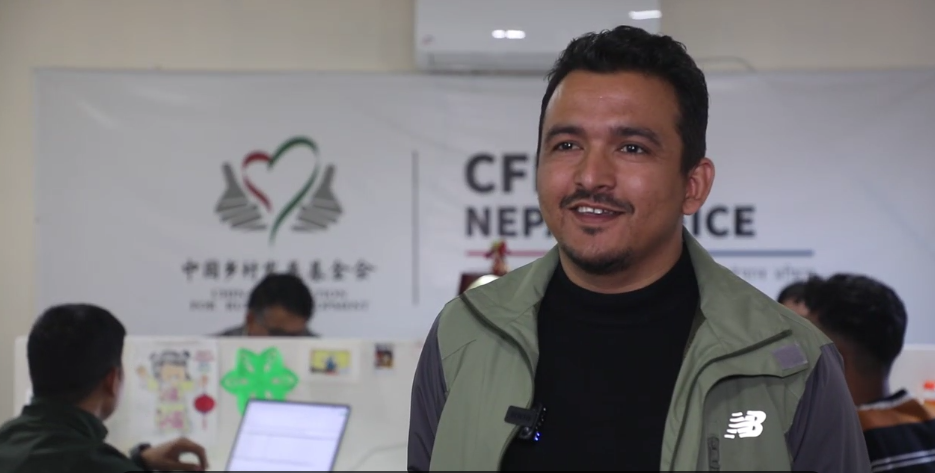 Bridging News
Bridging News
Chongqing Supports Nepal's Agricultural Sustainability Through Tailored Cooperation
Chongqing - The Nepal Southern Agricultural Technology Park, launched in August by the China-South Asian Countries Poverty Reduction and Development Cooperation Center, aims to improve livelihoods and reduce poverty through China-Nepal cooperation.
The project has already rolled out four key programs: hybrid rice cultivation, greenhouse vegetable farming, dairy buffalo breeding, and efficient pond aquaculture.
The project follows a 2023 visit by Yuan Jiajun, Member of the Political Bureau of the CPC Central Committee and Secretary of the CPC Chongqing Municipal Committee, who led a CPC delegation to Nepal at the invitation of the Communist Party of Nepal (Maoist Center). Yuan emphasized Chongqing's commitment to boosting cooperation with Nepal in agriculture, poverty reduction, and education to strengthen bilateral ties through subnational exchanges.
The Southern Agricultural Technology Park project is a joint effort between Nepal Agriculture and Forestry University (AFU) and Chongqing Academy of Agricultural Sciences, with support from China’s vibrant villages program, the China Foundation for Rural Development (CFRD), and the Bharatpur office.
"Our goal is to leverage China’s experience with hybrid rice to enhance rice yields in Nepal by adapting to local conditions and improving food production while focusing on sustainability," said Zou Zhiqiang, Director of the Nepal office of the China Foundation for Rural Development, on November 16, speaking at Kathmandu.
"Nepal, as a typical agricultural country, places significant importance on agriculture, which constitutes a major part of its economy. Rice alone accounts for 20% of the total agricultural output," noted Suman Dhakal, Associate Professor at the Department of Agronomy Faculty of Agriculture, Agriculture and Forestry University (AFU).

Suman Dhakal is an associate professor at the Department of Agronomy Faculty of Agriculture, Agriculture and Forestry University (AFU). (Photo/Huang Hong)
With support from Chongqing experts, Nepal Agricultural and Forestry University is tackling challenges through three initiatives: developing affordable hybrid rice seeds suited to Nepal’s environment with independent intellectual property, training graduate students to become hybrid rice experts and assist farmers, and involving 200 local farmers annually in planting trials to promote new techniques, with plans for nationwide expansion through cooperatives.
In addition to hybrid rice, cooperation in greenhouse vegetable cultivation has started. During a visit to the outskirts of Kathmandu, Bridging News reporter and Southwest University experts found that local vegetable greenhouses were underused and mainly served as basic rain shelters.
"We will use a cost-effective approach that local Nepali farmers can afford, adapting to local conditions and using local materials to renovate the greenhouses," said Professor Bao Anhong from the College of Engineering and Technology at Southwest University.

The team from Southwest University is renovating the vegetable greenhouse. (Photo/Huang Hong)
The renovated greenhouses will provide year-round protection from rain, sun, and insulation, with drip irrigation to support four seasons of vegetable production. This will significantly boost farmers' incomes.
The Southwest University team emphasized using organic fertilizers to ensure the market advantage and sustainable growth of organic vegetables in Nepal while increasing both production and income.
In addition to crop cultivation, the dairy cattle breeding technology cooperation between the two parties will prioritize the construction of a modern dairy cattle breeding technology demonstration farm, the introduction of advanced farm facilities and dairy breeding technologies, and the establishment of an efficient breeding and farming cycle model.
The efficient pond breeding technology cooperation will improve breeding yield and overall benefits through methods such as standardized pond renovation. Zou stated that the two major projects will launch in early 2025.
 Related Stories
Related Stories